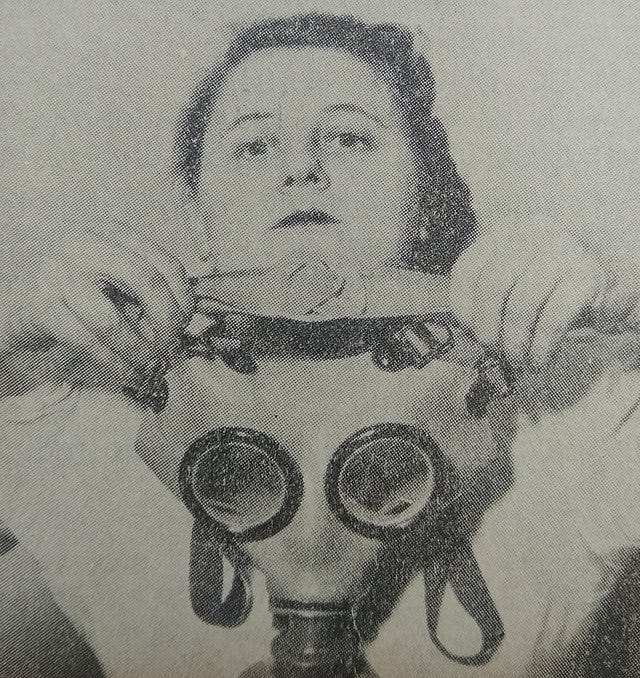Is Species Survival Too Much to Ask?
Robert Jay Lifton, Frida Berrigan, Jeremy Varon, Randall Kennedy, and Robert Edwards respond to James Carroll

October 27, 2022
Last week at Public Seminar, we shared a special issue bringing together James Carroll’s six-part series on what Putin’s war in Ukraine means to anti-war politics.
In this week’s issue, scholars and activists responds to Carroll’s revelations, and Carroll offers his response to their writing.
Carroll’s series bears a particularly important message to the anti-war Left, writes Jeremy Varon. “He, like I, remains unconvinced of the common charge in vocal pockets of the Left that the United States is the authentic author of Putin’s invasion. Chief among the alleged provocations is NATO’s expansion, breaking decades-old pledges to anxious, post-Soviet Russian leaders. Another culprit is U.S. support for the 2014 ‘Maidan Revolution,’ remarkably cast as a right-wing coup executed by neofascist foot soldiers.”
“We literally unfocus our eyes and choose where we look in order to navigate around the ugliness of militarism as we go about our life and work. I begin here, in my chosen hometown, because here in New London—superficially so far from the epicenters of today’s wars—war making is not a remote abstraction.” Frida Berrigan shares a personal reflection on war and peace from a seemingly quiet community in Connecticut. (October 24, 2022)
Robert Jay Lifton sits down with James Carroll for a conversation about the psychological landscape of nuclear war. Lifton observes, “The movement from appropriate nuclear fear to complacency has to do with what I call psychic numbing, a diminished capacity or inclination to feel. And the psychic numbing of citizens can often be encouraged by authorities who don’t want too much awareness of the actual dangers involved. With the prospect of nuclear war, there’s a ready tendency toward psychic numbing because of the completely unprecedented dimension of this revolution in technological destructiveness—an unpleasantness that the mind instinctively shies away from.” (October 25, 2022)
“After Mattis and Kelly’s astonishing “babysitting pact,” and Mark Milley’s brow-raising backchannels both to his Chinese counterpart and to Nancy Pelosi, is it so unthinkable that the current crop of American military leaders—including Milley, who continues to serve, and Secretary of Defense Lloyd Austin, another retired four-star—might be willing to contemplate other bold new measures to secure the safety of the country and the world?” Robert Edwards assesses what it would take for the U.S. military to support nuclear disarmament.
Randall Kennedy recommends Carroll’s series as a consciousness-raising work. “It is thrilling to see someone subject himself to ‘vigilant moral self-scrutiny’ and in so doing try hard to figure out what they think about a large, complicated, volatile subject with which they have been contending for decades.”
“It is time to rekindle the founders’ hope for the United Nations. Like ours can be, that hope first came in the form of determination to push back against the weaponized atom—that General Assembly call in 1946 to reject the nuclear bomb. The 2017 Treaty on the Prohibition of Nuclear Weapons should be seen not as the end of this movement, but as a new beginning. Advancing that treaty; arguing for it; organizing around it; recruiting supporters from civic groups of all kinds, including scientists, academics, pundits, and students—all this is exactly the sort of on-the-ground, practical work that real change requires.” James Carroll counters the suggestion that nuclear abolition is a “pie-in-the-sky.”
Missed it? Read James Carroll’s six-part series reckoning with war in Ukraine in last week’s issue of Public Seminar.



